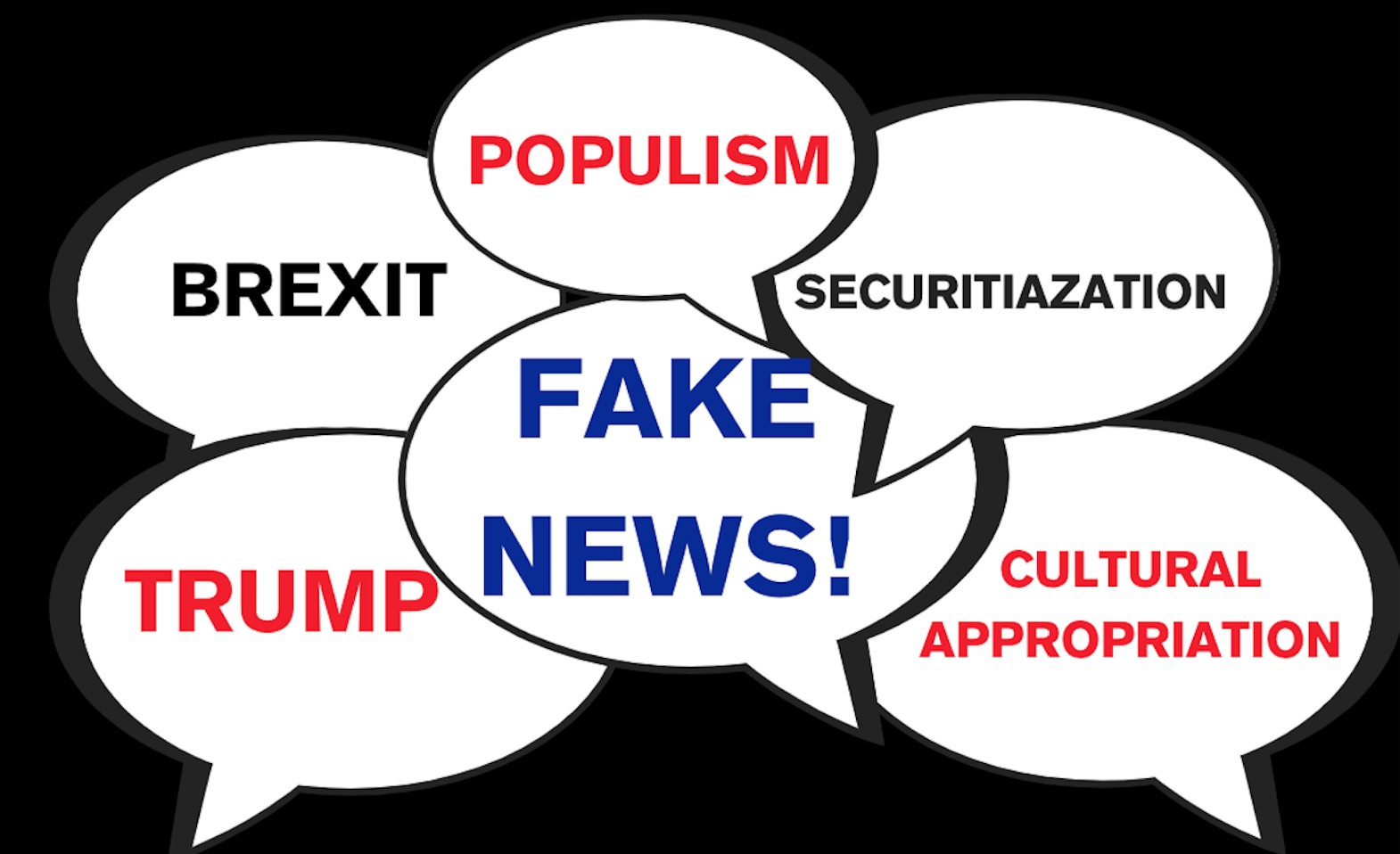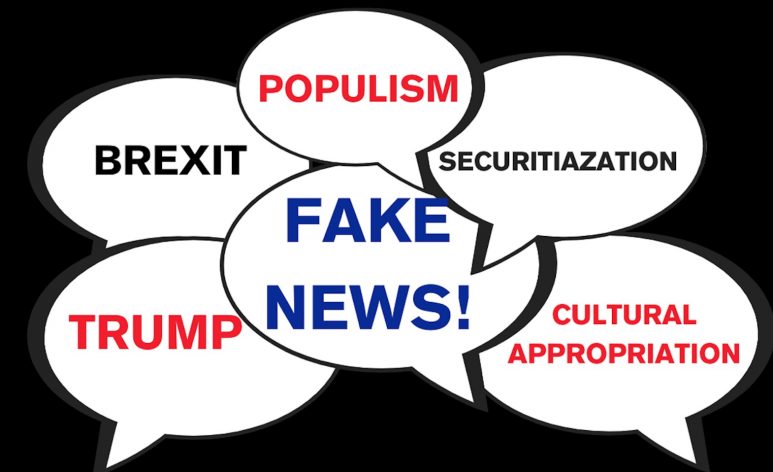14 October 2019
Country: UK
by: Eline Jeanné

 Students on the Diversity and the Media MA course have just wrapped on their third week of classes. Over the course of one year, they will be introduced to a range of theories and practical skills on topics such as inclusive journalism and approaches to social and cultural diversity. Hosted at the University of Westminster and developed in collaboration with the Media Diversity Institute, the course has been running since 2011. A lot has changed in the media landscape since then, and with that, the course has adapted too. We sat down with course leader Dr Roza Tsagarousianou to learn which current topics are being explored on the course.
Students on the Diversity and the Media MA course have just wrapped on their third week of classes. Over the course of one year, they will be introduced to a range of theories and practical skills on topics such as inclusive journalism and approaches to social and cultural diversity. Hosted at the University of Westminster and developed in collaboration with the Media Diversity Institute, the course has been running since 2011. A lot has changed in the media landscape since then, and with that, the course has adapted too. We sat down with course leader Dr Roza Tsagarousianou to learn which current topics are being explored on the course.
The core module in semester 1 explores various theoretical attempts to make sense and deal intellectually with social and cultural diversity. Dr Tsagarousianou utilises examples to show how these theories impact on what is currently happening: “There is quite a lot of discussion about nationalism and national identity, not only because of Trump but with also with Brexit and what has happened in India. Generally there is more discussion about racism, nationalism and populism than there was before.” With Brexit just around the corner, Dr. Tsagarousianou has pulled many of her examples from the media narrative following the UK’s withdrawal from the European Union.
During the second term, there will be more workshops. “Last year, we had two workshops on the topic of freedom of speech. We didn’t just look at the Mohammed cartoons as we have done in the past, but we picked up from public debates in terms of Trump: what you are allowed to talk and what you are not allowed to talk about, and the backlash to that. We also look at debates as they are happening: a lot of it has to do with them [the students] bringing in issues and discussing it, so it becomes much more extended.” The MA hosts an international group of students, and so discussion and cross-cultural comparisons are pivotal to the workshop.
Dr Tsagarousianou adds that this course will also examine the phenomenon of “fake news”—or as it is more commonly called, disinformation.
“It is something that one needs to reckon with, historically speaking but also how we see the whole culture of news shifting in a way.”
Security is another topic on the agenda for this year: “I start with a lecture on Foucault, securitization and governmentality, and then we go into talking about current examples of securitization. This includes securitization of minorities, securitization of Islam and securitization of migration.”
Cultural appropriation is a topic which has become prominent within the course. “We look at how it has developed currently, whether there are more aspects of it: can we call everything cultural appropriation? This is the issue that they have to think about. What do we mean by cultural appropriation? For example, cooking: is that cultural appropriation? Or is it part of a normal process and way that cultures interact. There are a lot of issues there that one needs to think about.”
Dr Roza Tsagarousianou also shares that there has been a shift towards more digital media production. Mobile filmmaking has been added to one module, and digital media skills have been prioritised: “Journalists write across different platforms, so that has been reflected in the module.”
Having completed this MA myself a few years ago, I am excited to see these new current topics explored in the course. The discussion on diversity and the media continues to develop, and the students currently on the MA are being equipped to tackle the issues most relevant to the media landscape today.
To read more about the Diversity in the Media MA, click here.
Nenad Radoja
Contrary to popular belief, Lorem Ipsum is not simply random text. It has roots in a piece of classical Latin literature from 45 BC, making it over 2000 years old. Richard McClintock, a Latin professor at Hampden-Sydney College in Virginia, looked up one of the more obscure Latin words, consectetur, from a Lorem Ipsum passage, and going through the cites of the word in classical literature, discovered the undoubtable source.
